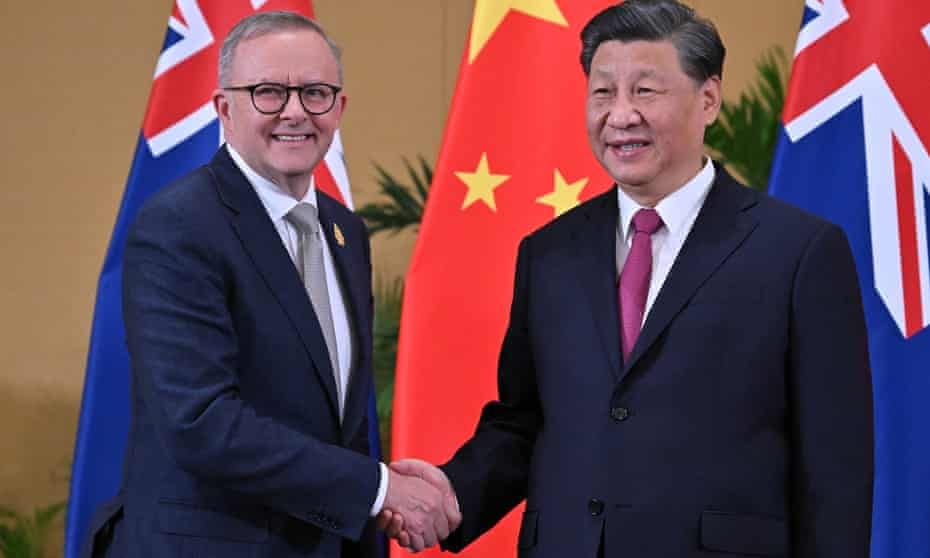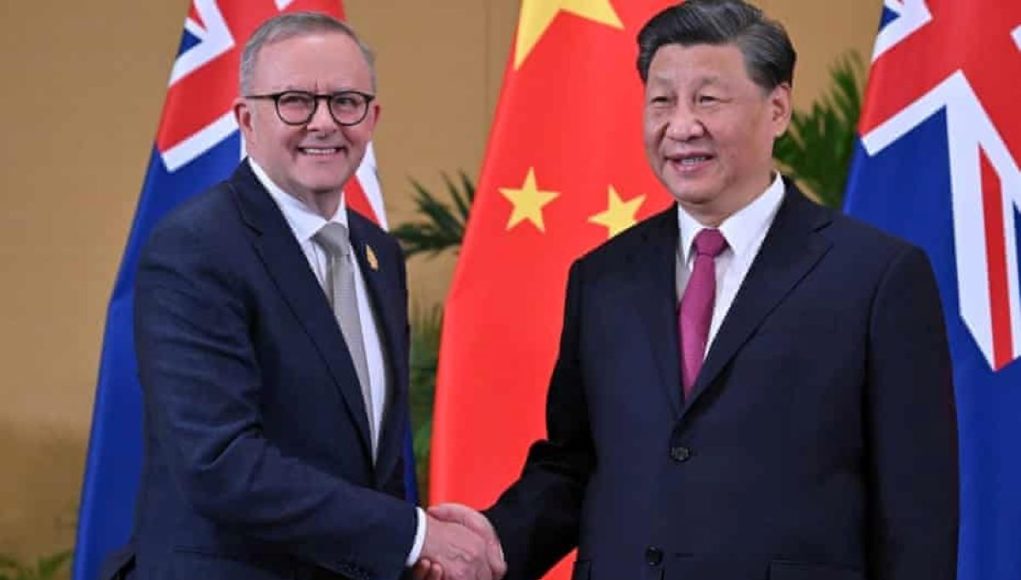This month, six members of Australia’s federal parliament, composed of both Labor and Coalition members, visited Taiwan. This diplomatic excursion was organised by Liberal politician Scott Buchholz and involved former Deputy Prime Minister Barnaby Joyce, as well as Labor MPs Meryl Swanson and Libby Coker.
Under intense pressure from the Chinese Communist Party and no doubt advised by the Department of Foreign Affairs, Prime Minister Anthony Albanese downplayed the significance of the trip, noting that it isn’t uncommon for politicians to go to Taiwan.
“There have been backbench visits to Taiwan for a long time. This is another one”, he said.

He further qualified that this “isn’t a government visit” and that the bipartisan position when it comes to China and Taiwan remains the same.
The Australian delegation in Taiwan is being careful not to make too much fuss about it, due to the sensitive nature of the issue. Nevertheless, it believes the visit is important for Australia to maintain a close relationship with both mainland China and Taiwan, and support the principles of democracy.
Beijing has long viewed these visits as an unacceptable endorsement of Taiwan’s separation from the mainland, claiming that such visits are a “serious breach of the One China principle.”
In response, the Chinese Communist Party’s propaganda mouthpiece Global Times lashed out with predictable broken-English sabre-rattling:
The Prime Minister should keep doing his handshakes. Heavens knows diplomacy seems to be a constant requirement for a twitchy Chinese Communist Party.
However, if democratic Taiwan wishes to invite a bipartisan Australian parliamentary delegation for a visit, it will be up to that delegation to accept or decline.
That’s how free societies operate.
Thank you for your support. To help us in our battle to protect liberty and freedom please click here
Fiona is a higher education professional based in South Australia. Following the collapse of Hong Kong freedom, Fiona became deeply concerned about the threats imposed by China within Australia. Her research covers a range of topics, including China’s soft power, influence, infiltration, interference and human rights abuses.










